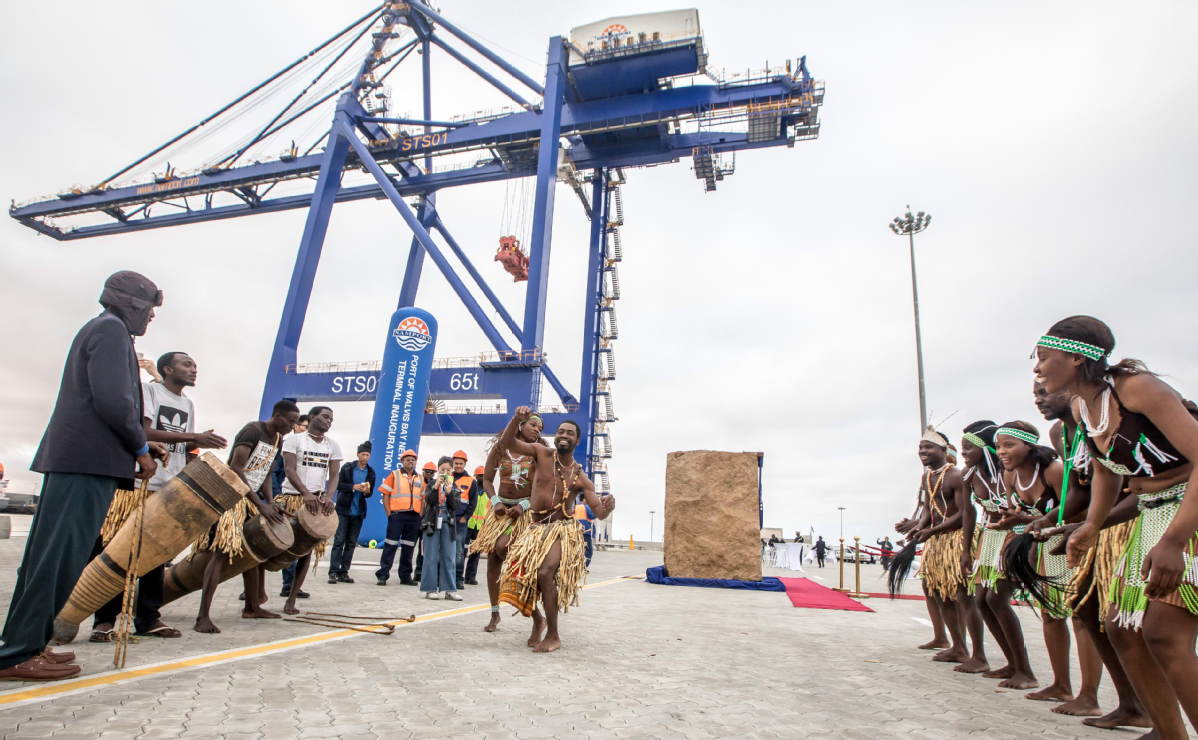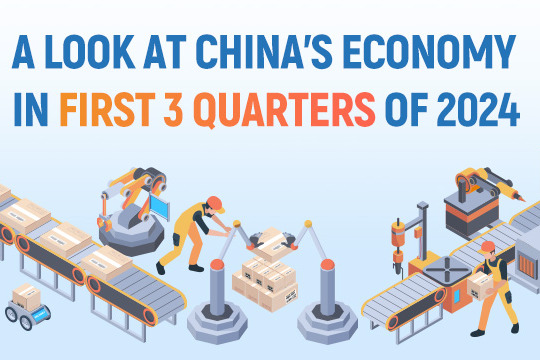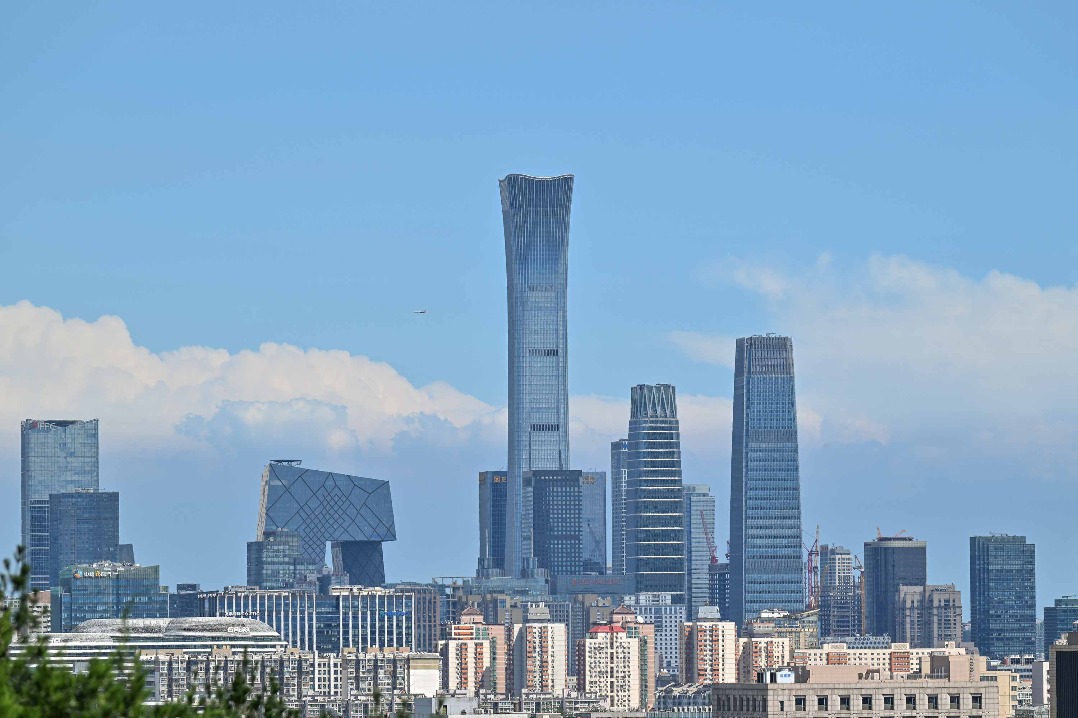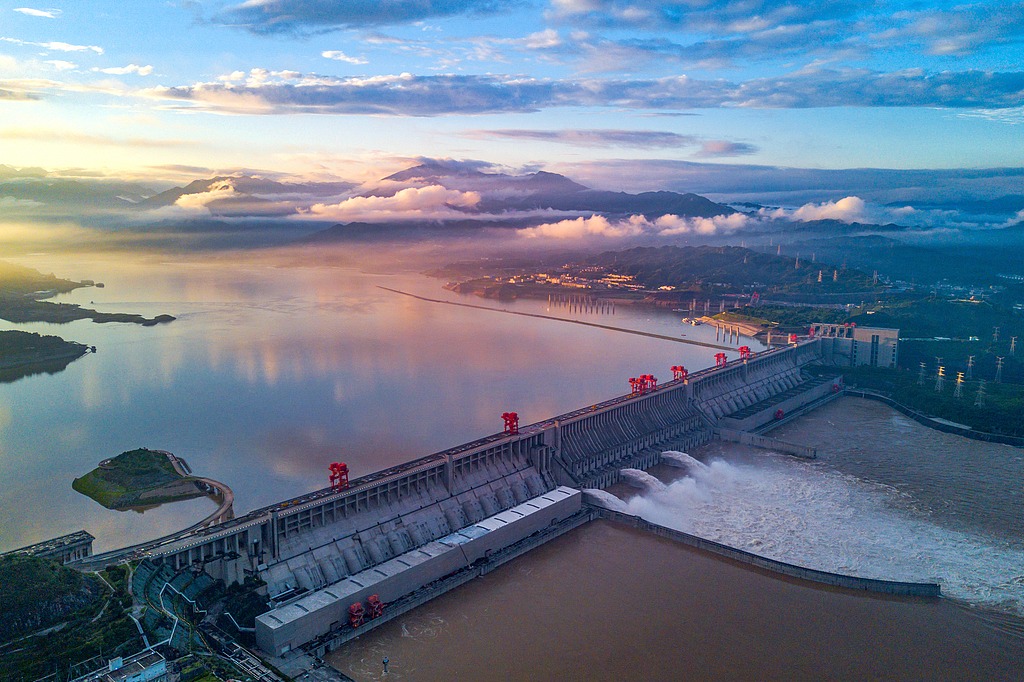CHEC to embark on Bogota Metro project in 2020


State-owned China Harbor Engineering Co, a unit of China Communications Construction Co, will start to build the Bogota Metro Line 1 project-the largest single project in Colombia-in April 2020, with its domestic and Canadian partners, said its top executive on Monday.
The news came as the Colombian government announced last week that the consortium formed by CHEC, China Railway Rolling Stock Corp, Xi'an Metro and Bombardier Inc won the bid for the Bogota Metro Line 1 franchise project in Colombia with a contract value worth $5.02 billion.
Lin Yichong, chairman of the Beijing-headquartered group, said this investment project is the largest contract in capital volume dominated by CHEC, and also the first breakthrough of the Beijing-based group in the integrated services of the whole life cycle of the rail transit sector.
"The bidding organization of this project gives full play to CHEC's ability to allocate, dominate and coordinate global infrastructure resources and the company's competitiveness in the infrastructure field, which is in line with the country's efforts in advancing reform of State-owned enterprises and enriching the content of SOEs' 'going global' strategy," he said.
On Sept 9, Xi Jinping, general secretary of the Central Committee of the Communist Party of China (CPC), presided over the 10th meeting of the central committee for deepening overall reform. During the meeting, Xi, also the Chinese president, chairman of the Central Military Commission and head of the central committee for deepening overall reform, said efforts should be made to strengthen synergy, coordination and efficiency in advancing reform.
Bogota Metro Line 1 is 23.96 kilometers long with 16 stations. CHEC will construct the project through the model of "integration of investment, construction and operation".
The project comprises mainly of investment, financing, design, construction, procurement, operation and maintenance, and its franchise period is about 28 years.
After its completion, the Bogota Metro Line 1 project will become the trunk line of Bogota's public transportation and the main artery of passenger transport. It will provide great convenience for commuters in Bogota, and have a far-reaching impact on the future urban layout as well as long-term development of Bogota, according to Lin.
"This big-ticket project will drive the development of CHEC in the whole industrial chain of rail transit projects, and enhance the company's brand influence in the Americas and other parts of the world," said Li Jin, chief researcher at the China Enterprise Research Institute in Beijing.
In addition to building the metro project in Bogota, the company also sealed a deal to build an indemnificatory housing project to build 1,650 houses in five phases with the Jamaican government last week. It also completed an expansion project for Namibia's Walvis Bay port in August.
Supported by over 15,000 Chinese and foreign employees, CHEC to date has built a presence in over 100 countries and regions across the world, with a total contract value of $30 billion for projects under construction.
A total of 11,028 SOEs have built a presence in 185 countries and regions across the world with 7.6 trillion yuan ($1.08 trillion) of assets by the end of 2018. Thanks to business and market channel diversification, their sales revenue and profit amounted to 5.4 trillion yuan and 131.89 billion yuan in 2018, data from the State-owned Assets Supervision and Administration Commission show.
Peng Huagang, secretary-general of SASAC, said SOEs have gradually expanded their overseas projects from resource development and infrastructure construction to industrial cooperation and other types of investment packages, especially in economies participating in the Belt and Road Initiative.
For the next step, the government will continue to support SOEs to study and flexibly use international rules, and improve their transnational management capacity, as well as raise their safety awareness and risk prevention capabilities, he said.
- Mega project aims to transform city into global center
- Plan hatched to protect turtles
- Chinese company wins tender to upgrade Ukraine's Black Sea port
- Chinese company completes first dredging project at Ukraine's Black Sea port
- China, Sri Lanka's joint development in Hambantota rockets from vision to reality in 2017




































